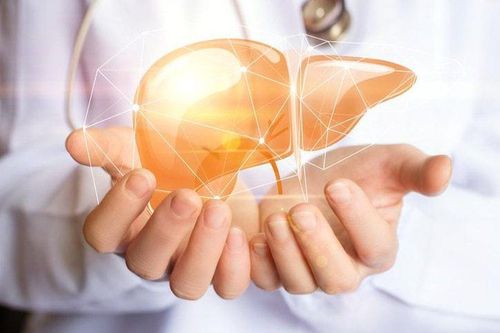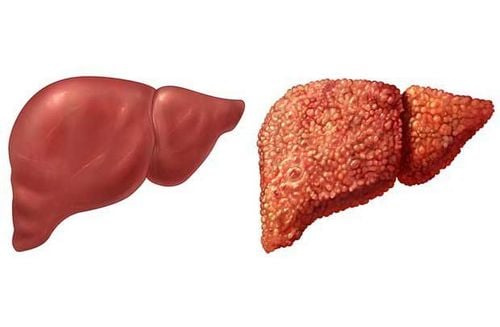The liver is the main organ in the body responsible for processing toxins, making liver cells constantly susceptible to harmful factors. Elevated liver enzymes are a sign that the liver is being damaged. The incidence of elevated liver enzymes is increasingly seen in younger individuals, primarily due to alcohol consumption. If not controlled and treated promptly, this condition can worsen, potentially leading to severe disease and even death.
1. What Are Liver Enzyme Levels?
Liver enzymes are a complete enzyme system in the liver that helps synthesize and metabolize substances. When disrupted, it can lead to increased release into the blood, causing dangerous complications. There are four types of liver enzymes: AST, ALT, ALP, and GGT:
- AST and ALT are two basic enzymes present in the blood. When these two indicators exceed the allowable threshold, it means the liver is damaged, which could be due to liver tumors, liver failure, fatty liver, or alcohol-related liver disease.
- GGT and ALP are two bile duct liver enzymes that often increase in cases of bile obstruction or inflammation, sometimes up to 10 times the normal value.
Normal liver enzyme ranges are as follows:
- AST: 20-40 UI/L
- ALT: 20-40 UI/L
- GGT: 20-40 UI/L
- Alkaline phosphatase: 30-110 UI/L
2. Are Elevated Liver Enzymes Dangerous?
Elevated liver enzymes indicate liver damage and destruction due to various causes. The higher the liver enzymes, the more severe the damage. This condition is often seen in people who consume excessive alcohol or have a history of liver disease. In remove early stages, elevated liver enzymes might not show clear symptoms, but in acute cases, symptoms can include digestive disorders, redness, itching, abdominal pain, jaundice, etc. The assessment of specific liver enzyme levels is as follows:
- Liver enzyme levels from 40-80: Warn of potential fatty liver, viral hepatitis, or alcohol-induced hepatitis.
- Liver enzyme levels from 80-150: Indicate reduced liver function, potentially leading to complications such as cirrhosis or ascites.
- Liver enzyme levels from 150-200: Suggest severe liver cell damage, possibly leading to cirrhosis, liver failure, or even liver cancer.
3. Causes of Elevated Liver Enzymes
Several factors can increase liver enzyme levels, including both hepatic and extrahepatic causes:
- Viral Hepatitis: The typical cause of a sudden spike in liver enzymes includes hepatitis viruses A, B, C, D, E. These viruses enter the body and destroy liver cells, leading to severe liver damage, increasing the risk of cirrhosis and liver cancer.
- Bile Duct Obstruction: Caused by worms, gallstones, pancreatitis, bowel obstruction, acute gastritis, etc., also increases liver enzymes but not as significantly as seen in hepatitis.
- Infectious Diseases: Diseases such as malaria, measles, dengue fever, and septicemia during the fulminant phase can also increase liver enzymes.
- Alcohol Abuse: Prolonged excessive alcohol consumption damages and impairs liver function, leading to elevated liver enzymes.
- Medication Side Effects: Habitual self-medication with antibiotics, anti-inflammatory drugs, or pain relievers can increase liver enzymes if these drugs are overused. Recently, unregulated supplements and unknown-origin medications have also increased the risk of hepatitis.
In addition, diet plays an important role in protecting liver enzymes. Consumption of unsafe food, moldy food, preservatives, and pesticide residues makes the liver work harder to eliminate these toxins.
Please dial HOTLINE for more information or register for an appointment HERE. Download MyVinmec app to make appointments faster and to manage your bookings easily.













